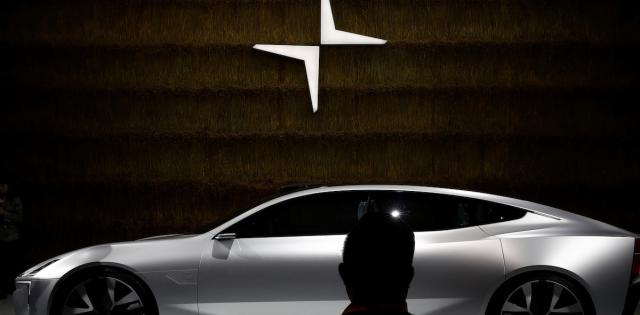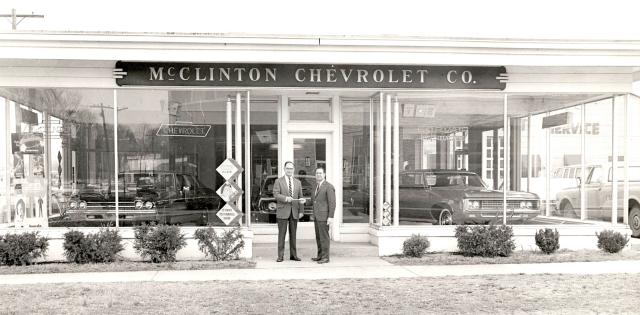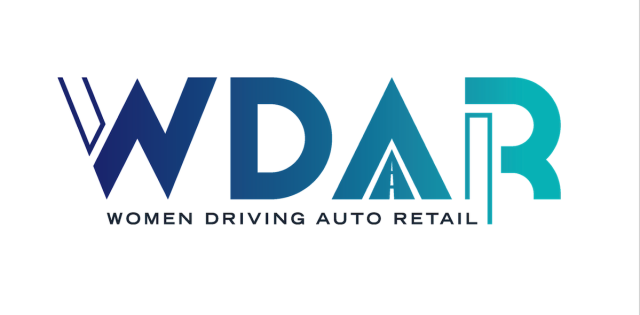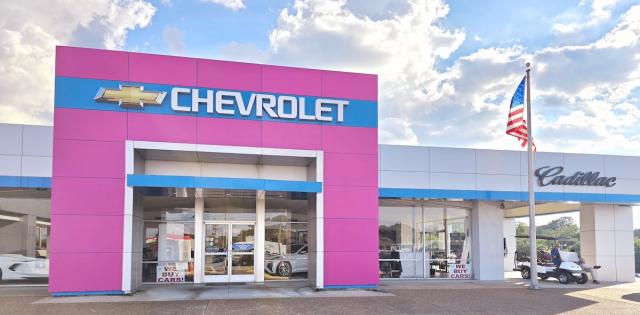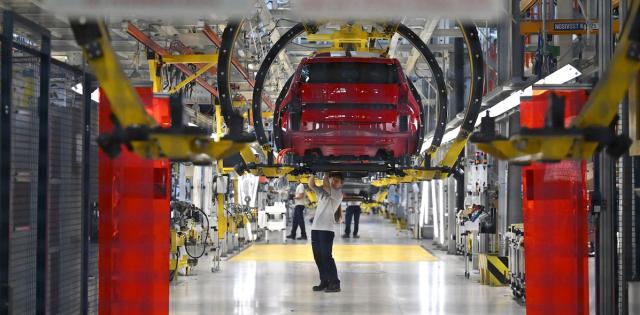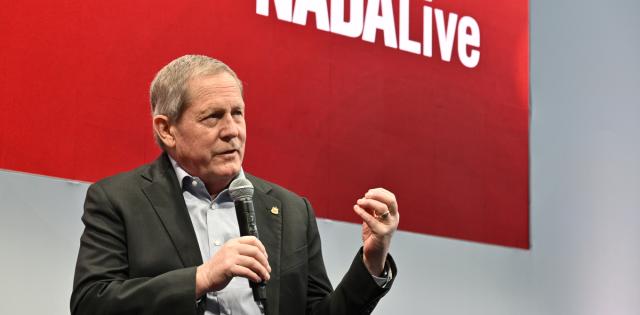Last November, NADA President and CEO Mike Stanton authored an op-ed in Automotive News that shaped the automotive industry narrative on EVs, and the then-forthcoming EV regulations from the Environmental Protection Agency (EPA).
Entitled “Crossing the chasm on EVs may require plug-in hybrids,” Stanton laid out the challenge of getting mass market consumers to adopt new technologies adored by early adopters:
"In the marketing classic Crossing the Chasm, Geoffrey Moore describes the difficulty of moving new technology from early adopters to the mass market. The problem is so universal and so difficult that Moore says there is effectively a "chasm" in the market between early adopters and the mass market that can be nearly impossible for tech companies to cross. … the real-life drawbacks of range anxiety, slow charging and undeveloped charging infrastructure are keeping many [mass market consumers] from buying them."
Stanton concludes: “Promoting plug-in hybrids may be the way to get EVs across the chasm… Plug-ins would ease the transition to EVs, get consumers used to charging, create the demand necessary for investments in the charging network and build a bridge across the chasm to bring EVs to the mass market.”
NADA even had Geoffrey Moore on its Driving Ahead podcast to talk about the difficulty of EV’s crossing the chasm.
Harvard Business Review is now echoing this analysis. In a new article “Why has the EV market stalled?” author Jeremy Korst writes: “We have reached a classically difficult point … where the challenge becomes figuring out how to move from what early adopters want to what a broader segment of the market wants.”
Korst continues: “To travel safely over Moore’s chasm — many consumers will need a bridge. …[Consumers] see hybrid and plug-in hybrid vehicles as a bridge that will help them eventually get to an all-electric future. … Automakers and policymakers alike need to acknowledge and meet this demand by making more hybrids and hybrid plug-ins available as soon as possible.”
The new EPA regulations released last month made a step toward embracing plug-in hybrids, although not nearly to the levels petitioned by NADA or the automakers.
As the federal government tracks consumer sales of EVs, hopefully they too will realize the bigger role hybrids and plug-in hybrids should play in the future of the fleet.
For more stories like this, bookmark www.NADAheadlines.org as a favorite in the browser of your choice and subscribe to our newsletter here:




